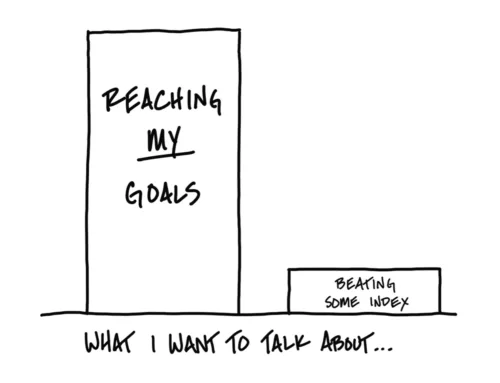The What and How of I Bonds
With the recent June inflation numbers topping 9% and most savings accounts paying under 1% where can you put your savings that you don’t need in the near term? [See also: 5 Ways to Optimize Your Saving for the Best Long-Term Results] Series I Savings Bonds (I Bonds) could be a place to park some cash you won’t need for at least 1 year.
What Are I Bonds?
The federal government issues various savings bonds. I Bonds are specifically designed to keep pace with inflation. Instead of having a fixed rate, I Bonds have an interest rate that fluctuates based on inflation. Interest rates are set twice per year (May and November) and apply for the 6 months after they are set. The Federal Government sells I Bonds through the Treasury Direct website.
What’s so great about I Bonds?
I Bonds are currently yielding 9.62 percent. The best rates I’ve seen for high-yield savings accounts online in July 2022 are in the range of 1.2-1.65%. The highest rate for 1-Year CDs is about 2%. I Bonds are paying more than 5 times more interest than the best savings accounts and over 4 times more interest than the best 1-Year CDs.
So What’s the Catch?
I know you’ve heard when something sounds too good to be true, it probably is. Well, there are some limitations you need to be aware of regarding I Bonds.
– They must be held at least 1 year (effectively locking your money up for that period)
– Withdrawal before 5 years results in a loss of the last 3 months of interest
– Interest is federally taxable*
– Can only buy $10,000 per person per year in I Bonds (trusts/businesses can also buy them)
– Can have up to $5,000 issued from your tax return instead of a direct deposit to a bank account
– Can only buy through the Treasury Direct website (or through your tax return)
* The I Bonds’ interest may be tax-exempt if used for qualified education expenses. You must cash the bonds during the year you have the education expense and the expense must be for you, your spouse, or a dependent. The bonds must also be in your name or your spouse’s name and NOT your child’s name. There are also income limits for this. For 2021, your Modified Adjust Gross Income needed to be below $98,200 if single, head of household, or qualifying widow(er) tax filing status or $154,800 if filing married filing jointly.
I Bonds could be a good option if you have cash in a savings account that you won’t need for at least a year. While this article hit the highlights, please make sure you read all of the information at Treasury Direct before you buy.
Detailed information: https://www.treasurydirect.gov/indiv/research/indepth/ibonds/res_ibonds.htm
How To Buy: https://www.treasurydirect.gov/indiv/research/indepth/ibonds/res_ibonds_ibuy.htm
Interested in Savings and your likelihood of building wealth. Take our 8-minute wealth assessment




